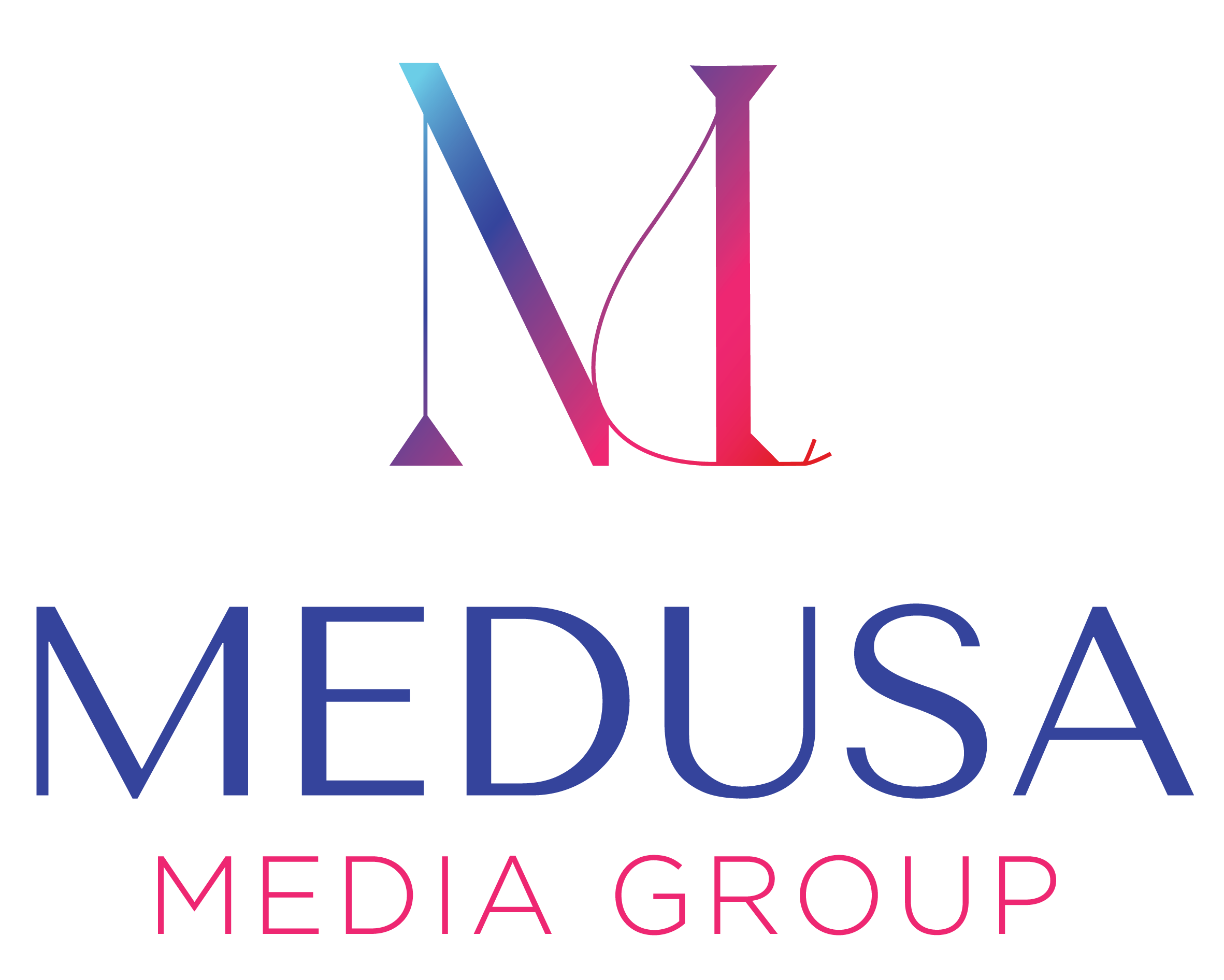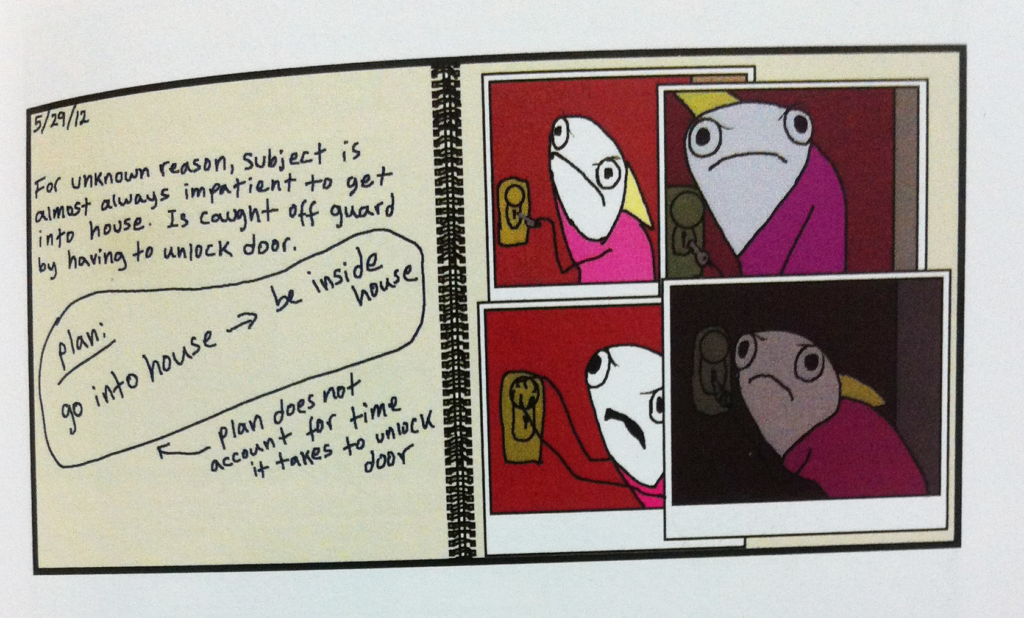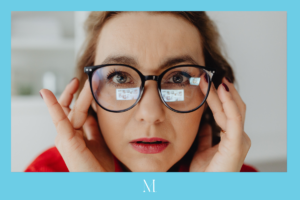Definition of SHOULD (past of shall) – used in auxiliary function to express obligation, propriety, or expediency: “’tis commanded I should do so” — Shakespeare, “this is as it should be” — H. L. Savage, “you should brush your teeth after each meal.”
Should is a weird word. The way I hear it used most means you are doing the wrong thing, and it would be better/smarter/more worth your time to do a different thing. But how does anyone know what the right thing to do is? Right according to whom?
I first thought critically about should with my aunt. She pointed out that, “whenever you think or say should, it’s someone else’s voice.” That is, should comes from what you were taught is correct to do. It comes from your socialization and upbringing, sense of responsibility, of justice, manners, culture, and trying to please people. It’s the voice of your parents, boss, partner, or God. It’s the lessons you learned about punctuality, debt, obligation, social rules and expectations, and appropriate reactions. At its best, it encourages you to do things that are important. At its worst, it gives the sense that you could always be doing something more than you are, which leads to feelings of inadequacy and guilt.
But when you speak and think in your own voice, there is nothing to should. In a universe without should, aren’t you always doing fine? If you can tune out the voice in your head yammering about obligations and ideas on the right and wrong ways to be, you’re just doing you on your own time. Maybe you shouldn’t be doing anything else.
It can be extremely frustrating when things don’t go the way they should – the way we expect, or the way we were taught is right (the door should be unlocked). But reality bends to no will or expectation.
Many shoulds come down to time. Time is a nonrenewable resource, and we want to do a lot in our lives. Many things compete for our time, and as we grew up we learned that some things are expected: “I should go out more. I should be meeting more people. I should make more money while I’m young. I should perform better at work.” They’re not bad things, per se, but they may not be you things, either. Next time you hear a should, think about whose voice is speaking. It probably isn’t yours.
(photo from Hyperbole and a Half by Allie Brosh)







